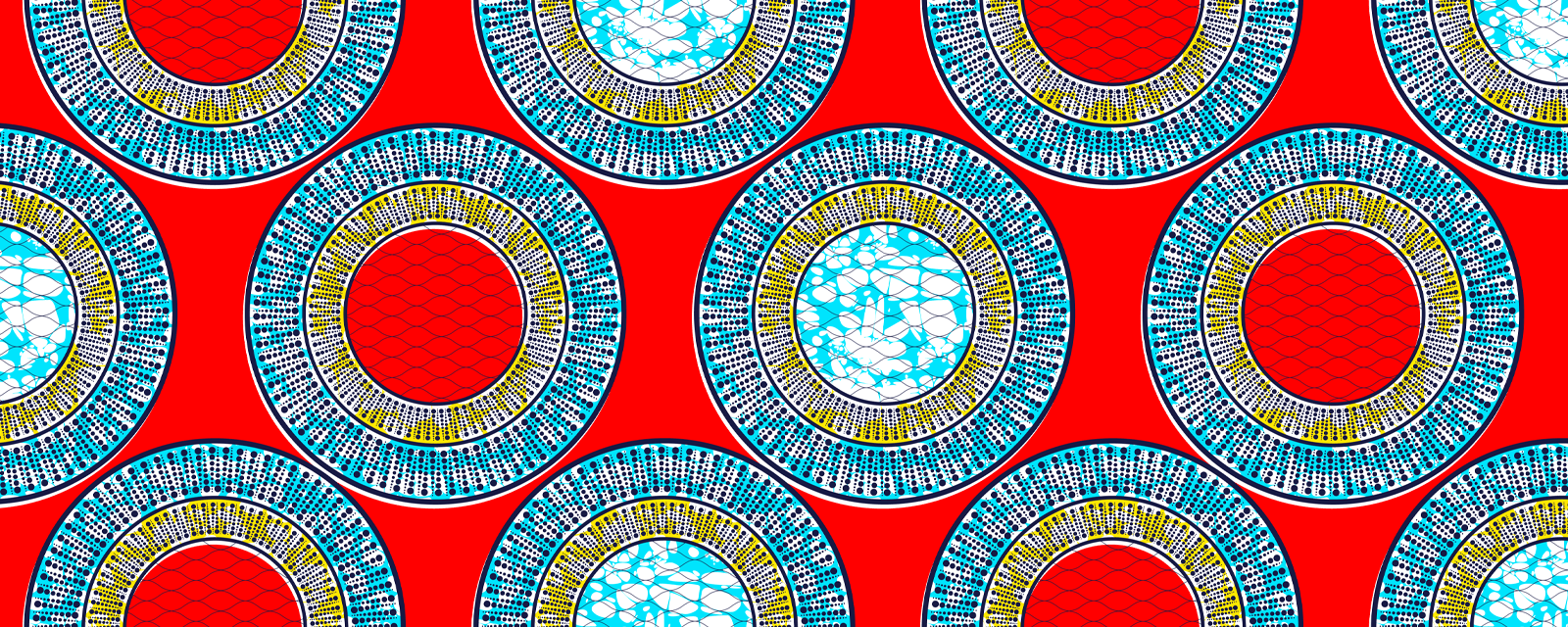The following songs were transcribed in the 1970’s and express the bitter hatred that many Mozambican Africans had towards the chiefs and headmen that had been appointed by the Portuguese during the colonial era.
A villager describes the manner in which chiefs were selected — “The chief was chosen by the government. When they came in a village like this one, they would gather everybody together and look for a clever one and name him a chief, and everybody would have to respect him for his title. Even a bad one”. (1)
These chiefs became the administrators of Portuguese rule, collecting taxes, recruiting forced labour and enforcing schemes for the compulsory production of rice and cotton. Though the chiefs themselves were subject to punishment by the Portuguese if they failed to enforce colonial policy, they were well-paid and protected by the state. The chiefs rapidly became hated by their “subjects” for their arrogance and unearned sense of entitlement.
The first poem was sung in Chuabo by Janta Lakriman and Luis Prazo of Maganja da Costa, at Checanyama Compound village in Luabo, August 30, 1975. The song makes reference to the fact that the chiefs had the power to force families to send their children into labour for the colonial state, whilst being above any reproach from the communities they oversaw.
The headman — ay ‑ay — ay
The headman harassed and seized one of my sons for Luabo. (2)
The other went to São Tomé and never returned. (3)
I’m going to bury the headman and build my house on his head!
The headman — ay — ay — ay — ay.
Amwene — ay — ay — ay
Amwene akita emusokela mwanaka
oLuabo,
Oleya mukina okele a São Tomé
kanathi
Empakela kintomeya Bamoro
Bamwene!
Amwene — ay — ay — ay
The following poem was sung in Chuabo by Parose Kwiri of Baixo Licungo, at Jacunda Compound village, Marromeu, Beira District, September 7, 1975.
You can do it
You can do it
You can do it
You can do it
You can find the chief and beat him up
You can do it
But the chief is a powerful man
Munada mwiri — ay
Munada mwiri — ay
Munada mwiri — ay
Munada mwiri — ay
Mofani samasoa movadi
Munada mwiri — ay
Samasoa ndi mundimuweni
Whilst chiefs had the power to dispatch men as migrant labourers, they also often sexually-harassed the wives of the men that they had sent away. The following poem was sung in Lomwe by two women, Armena Muhinayula and Helen Souzinho of Mulevala, Ile, at Checanyama Compound village, Luabo, August 30, 1975. The women express their scorn for the chiefs with a range of insults: aNankhollo (“he-goat”), aNamthullu (“impotent bull”), aMullalleya (“court messenger”) and aMukhopella (“upstart”) with the name “hoe-handle” used in reference to the chiefs constant state of licentiousness.
aNankhollo, hoe-handle,
aNankhollo, hoe-handle,
It’s not that I want to summon you!
You chose my husband yesterday
You sent him to the work place.
The you came banging on my door.
You took me for a prostitute,
Ali!
You took me for a prostitute,
Ali!
aNamthullu, hoe-handle,
aNamthullu, hoe-handle,
It’s not that I want to summon you!
You chose my husband yesterday
You sent him to the work place.
The you came banging on my door.
You took me for a whore,
Ali!
You took me for a whore,
Ali!
aMullalleya, hoe-handle
aMullalleya, hoe-handle
My heart is worn out,
My heart is worn out,
My husband came back the day before yesterday
Today, he’s been picked up again.
I am worn out
Ali!
A — ay — ay — ay — ay
Ali!
aMukhopella, hoe-handle,
aMukhopella, hoe-handle,
It’s not that I want to summon you!
I too would like someone to work in my garden.
Last year, when you picked him up,
You took me for a whore,
Ali!
You took me for a whore,
Ali!
aNankhollo, nviniyaka
aNankhollo,nviniyaka
Nkilakenle worumani
Musonke yaka othilo
Mwakeriha werimiyawo
Mukokaka mana nchibi
Mwakona okala puta
Ali!
Mwakona okala puta
Ali!
aNamthullu, nviniyaka
aNamthullu,nviniyaka
Nkilakenle worumani
Musonke yaka othilo
Mwakeriha werimiyawo
Mukokaka mana nchibi
Mwakona okala mulolowanyu
Ali!
Mwakona okala mulolowanyu
Ali!
aMullalleya, nviniyaka
aMullalleya,nviniyaka
Morimola wohapaleya
Morimola wohapaleya
Aaka arule
oraji
Olelo anamusokiwa
Miyano kohapaleya
Ali!
A — ay — ay — ay — ay
Ali!
aMukhopella, nviniyaka
aMukhopella,nviniyaka
Nkilakenle worumani!
Olimeliwa
wokinkela
Mwakoli musokiwanyu
Mwakona okala mulolowanyu
Ali!
Mwakona okala mulolowanyu
Ali!
Capitalism and Colonialism,
by Leroy Vail and Landeg White.
University of Minnesota Press, 1980
Footnotes
- Vail and White, Capitalism and Colonialism
- Luabo: site of a major sugar plantation.
- São Tomé: site of a major sugar plantation.

